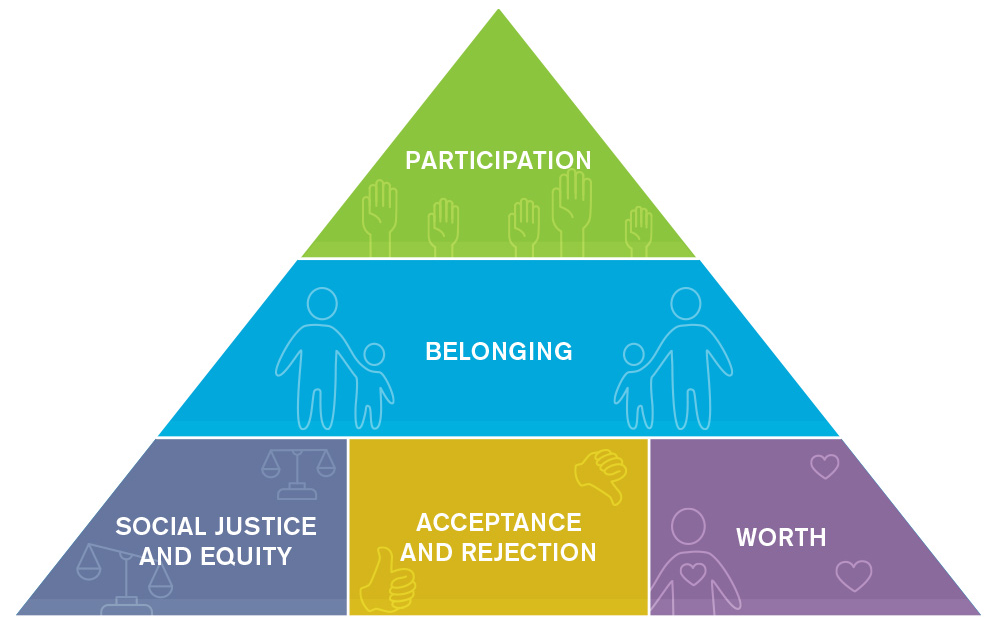Cannabis prohibition does a lot of harm to various groups within society, as other articles here have shown, but it also has an effect on society as a whole. Not only does society have to pay for the cost of enforcing cannabis prohibition, but it suffers at a collective level the same harm done to individuals: as below, so above. As this article will examine, cannabis prohibition harms social cohesion.
Our society relies on co-operation between different groups at all levels.
One of the most important ways is the solidarity between generations. In order for the young to be willing to care for the old when the time comes, the youth have to feel some kind of solidarity with those older ones. They have to feel like those older ones managed the country in such a way as to leave them a worthy inheritance. They have to feel like the old cared about them.
As Dan McGlashan showed in Understanding New Zealand, there is a sharp distinction between young and old when it comes to support for cannabis law reform. The correlation between voting for the Aotearoa Legalise Cannabis Party in 2017 and being in the 65+ age bracket was -0.43 – not extremely strong, but strong enough to suggest that the average person in that age bracket is decidedly against cannabis law reform.
There are several reasons why a young person might feel that the generations before them had failed in their duty of stewardship, but the unwillingness to reform the cannabis laws are one of the foremost. For a young person today, the thought that the nation’s elderly are sitting back on a fat pension drinking whisky and chomping painkillers, while at the same time putting you in prison for growing a medicinal flower, seems obscene.
Given these reasons, why would the young not come to see the elderly as evil? The indifference of the elderly towards the suffering caused to the young by cannabis prohibition certainly appears evil to those suffering it. As a result, their coming to hate those pushing it on them is inevitable. And by such means, society is divided and conquered.
Cannabis prohibition doesn’t just divide society on the basis of age.
Understanding New Zealand also showed that the correlation between voting ALCP in 2017 and being New Zealand-born was 0.73, which is very strong. This is because cannabis use is an integral part of Kiwi culture – it brings Maoris and white people together as well as rugby and barbecues, and especially when it comes to younger demographics.
Because of the central role of cannabis in Kiwi culture, cannabis prohibition is something that pits New Zealand-born Kiwis against immigrants. This is a recipe for deep resentment, because this plays along a pre-existing fracture line in society. If the New Zealand-born would come to feel that it was only because of recent immigrants that they were not allowed to freely use cannabis, they could become very angry.
Neither is the damage done to social cohesion just a matter between different groups. Cannabis prohibition also destroys solidarity within groups.
There are occasions where people don’t get together because the illegal nature of cannabis means that some people don’t want to be associated with others. Many a party guest has been uninvited because the hosts were not sure that the guest would be comfortable with the cannabis being smoked there, or because the hosts didn’t want the guest bringing cannabis to their house.
In such ways, all manner of natural social bonds have been broken because one or the other party was a cannabis user. This isn’t just seen at parties but in romantic relationships and in the workplace too. If cannabis is illegal, then cannabis users will naturally not trust non-cannabis users and non-cannabis users will naturally not trust cannabis users. These divisions are so needless.
As mentioned in another chapter, cannabis prohibition has had a severe impact on people’s respect for the Police. But cannabis prohibition impacts other industries as well. Some people no longer trust their doctors because of their inability to speak honestly about the medicinal value of cannabis. Some people no longer trust journalists because of their past fearmongering and sensationalising over the issue. This loss of trust impacts social cohesion.
Worst of all, prohibition has caused some people to dislike their country and society, when that need not have been the case. This is especially true of those who have faced the wrath of the justice system.
How can a person respect a society that wants to put them in a cage for using a medicinal plant? How can a person respect the hypocrisy that sees hundreds of people kill themselves with alcohol every year, while at the same time targeting others for something much less harmful? Cannabis prohibition is such a poor idea that it cannot be enforced without stoking massive anger and resentment.
All this anger and resentment has had an injurious effect on social cohesion. Prohibition has caused people to dislike and mistrust each other when they otherwise wouldn’t have done so. This has had the total effect of making society worse. The only way to fix it is to legalise cannabis.
*
This article is an excerpt from The Case For Cannabis Law Reform, compiled by Vince McLeod and due for release by VJM Publishing in the summer of 2018/19.




